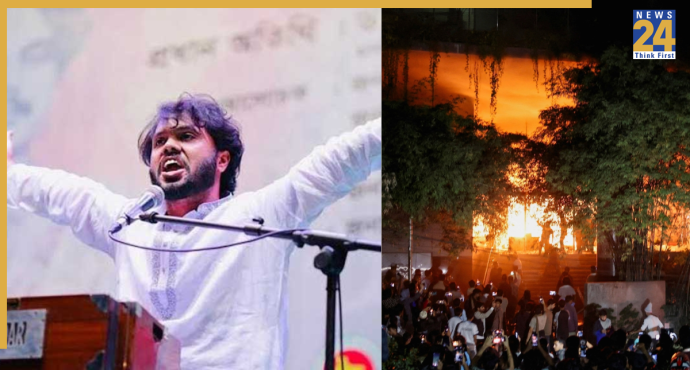Paris: French lawmakers have reached an agreement to grant the police the authority to conduct remote surveillance on suspects by activating the cameras, microphones and GPS systems of their phones and other devices.
This provision, included in a comprehensive justice reform bill. It has already faced criticism from both the left and defenders of civil liberties. They are viewing it as an intrusive measure. However, Justice Minister Éric Dupond-Moretti has reassured that it would only be utilized in a limited number of cases each year.
Scope of surveillance goes beyond cell phones
The scope of this surveillance measure extends beyond phones to include laptops, cars and other connected objects. It empowers law enforcement to geolocate suspects involved in crimes punishable by a minimum of five years in prison. Additionally, devices can be remotely activated to capture audio and visual evidence of individuals suspected of terrorism, as well as those involved in organized crime and delinquency.
Digital rights advocacy group La Quadrature du Net has raised significant concerns about potential infringements on fundamental liberties resulting from these provisions. They argue that the right to security, privacy, private correspondence, and freedom of movement could be compromised, emphasizing the government’s drift towards excessive security measures.
Amendments to limit use of remote surveillance
To address some of these concerns, members of President Emmanuel Macron’s party proposed an amendment during a recent debate. The amendment seeks to limit the use of remote surveillance to cases justified by the nature and severity of the crime, with a duration strictly proportional to the circumstances. Any application of this provision must receive approval from a judge, and the total surveillance period cannot exceed six months.
People from sensitive profession beyond the scope of this law
Notably, individuals in sensitive professions such as doctors, journalists, lawyers, judges, and MPs would be exempt from such surveillance.
In defense of the measure, Dupond-Moretti asserted that it falls far from the dystopian surveillance depicted in George Orwell’s novel “1984.” He contended that the law would ultimately save lives.
The disputed provision, along with other articles, was passed by the Assemblée Nationale as part of a broader justice reform bill currently under consideration in parliament.













